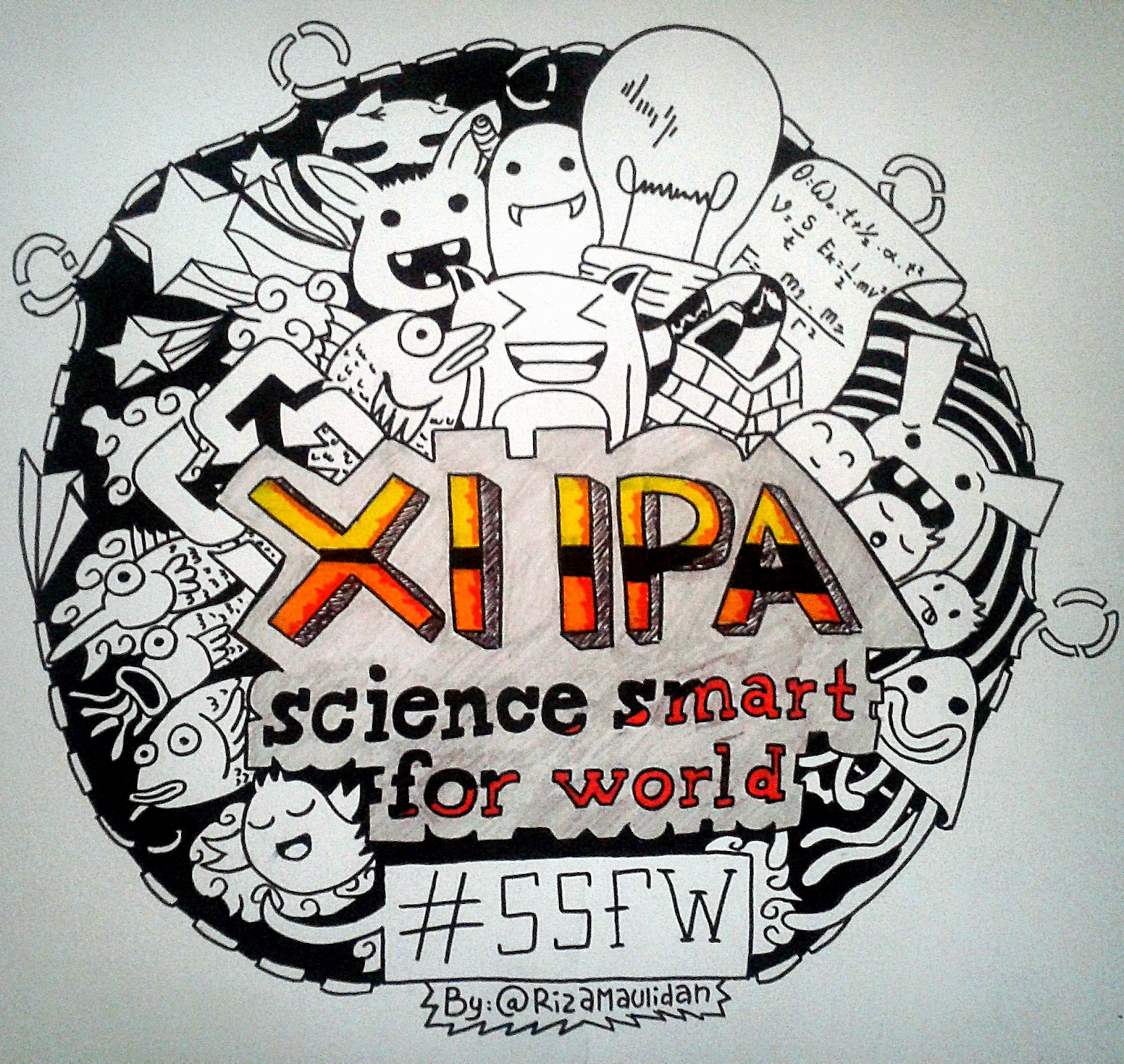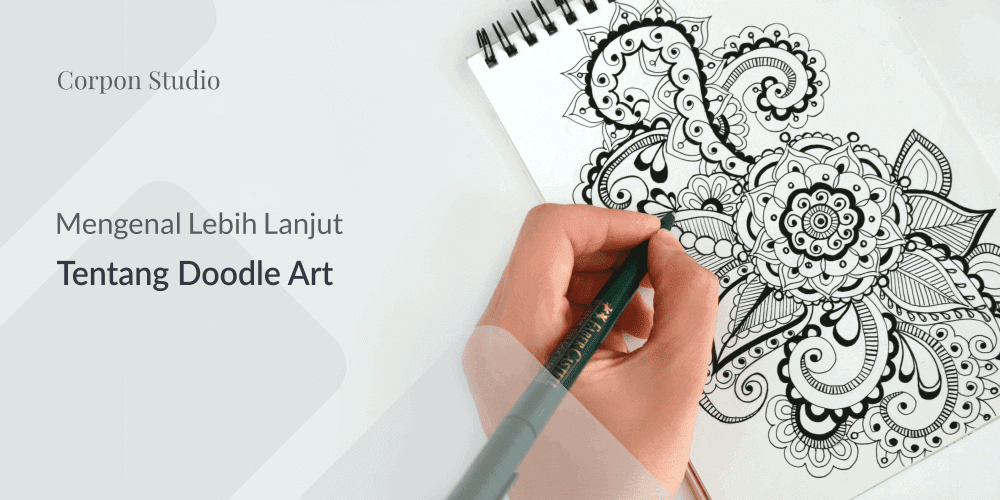Unleashing Your Inner Artist: Exploring the World of Doodling

Have you ever found yourself mindlessly drawing on a notepad during a meeting or phone call? Those seemingly random swirls, shapes, and figures might actually be more than just idle scribbles. They could be the beginnings of doodle art! But what exactly *is* doodle art, and why is it gaining so much popularity? Let’s delve into this fascinating world of spontaneous creativity.
Doodle art, at its core, is simple, unconstrained drawing done absentmindedly. It’s the art of letting your pen wander freely across the page, creating abstract patterns, whimsical characters, or even intricate scenes without any preconceived plan. While often associated with boredom, doodling can be a powerful tool for unlocking creativity, relieving stress, and even improving focus.
Unlike planned drawings or sketches, doodle art is characterized by its spontaneous nature. There's no pressure to create a masterpiece. It's about the process of creating, not the final product. This freedom allows for a unique form of self-expression, often revealing subconscious thoughts and feelings in the resulting artwork.
The beauty of doodle art lies in its accessibility. Anyone can doodle! You don’t need fancy art supplies or years of training. A simple pen and paper are all you need to embark on your doodling journey. From simple geometric shapes to complex interwoven patterns, the possibilities are endless.
So, whether you're a seasoned artist or someone who hasn't picked up a pen since grade school, exploring doodle art can be a rewarding experience. It's a way to tap into your inner child, de-stress, and discover a new avenue for creative expression.
The history of doodling can be traced back centuries, as a natural human impulse to create marks. While pinpointing an exact origin is difficult, examples of doodling can be found throughout history, from cave drawings to marginalia in ancient texts. The term "doodle" itself is thought to have originated in the 17th century, referring to a fool or simpleton. This reflects the often-unintentional and playful nature of early doodles.
Doodling offers a surprising number of benefits. It can improve focus and memory retention by keeping your mind engaged during passive activities. It can also serve as a stress reliever, allowing you to channel anxieties and worries into creative expression. Furthermore, doodling can be a powerful tool for self-discovery, revealing hidden thoughts and emotions through the imagery created.
One of the simplest ways to start doodling is to begin with basic shapes and patterns. Experiment with circles, squares, triangles, and lines, letting your hand move intuitively. Gradually, you can combine these elements to create more complex designs. Another approach is to start with a theme, such as nature, animals, or abstract forms. This can provide a starting point for your doodles and spark your imagination.
Here are some simple examples: geometric patterns, floral motifs, faces and expressions, and whimsical creatures. These are just a few ideas to get you started; the possibilities are endless!
Benefits of doodling include enhanced focus, stress reduction, and improved creativity.
Advantages and Disadvantages of Doodling
| Advantages | Disadvantages |
|---|---|
| Improves focus | Can be perceived as unprofessional in some settings |
| Reduces stress | May distract from important tasks if not managed |
| Boosts creativity |
Five Best Practices: 1. Carry a sketchbook. 2. Don't judge your doodles. 3. Experiment with different pens and paper. 4. Find inspiration in your surroundings. 5. Share your doodles with others.
Five Real Examples: 1. Doodled portraits. 2. Patterned backgrounds. 3. Hand-lettered quotes. 4. Mind maps. 5. Comic strips.
Five Challenges and Solutions: 1. Lack of inspiration (solution: look around you). 2. Perfectionism (solution: embrace imperfection). 3. Fear of judgment (solution: doodle privately). 4. Finding time (solution: schedule short doodle breaks). 5. Lack of supplies (solution: use any pen and paper available).
FAQs: 1. What is doodle art? 2. What are the benefits of doodling? 3. How do I start doodling? 4. What materials do I need? 5. Is doodling just for kids? 6. Can doodling be considered art? 7. How can I improve my doodling skills? 8. Where can I find inspiration for doodling?
Tips and tricks: Don’t be afraid to experiment, try different pens, incorporate colors, and look for inspiration in everyday objects.
In conclusion, doodle art is a simple yet powerful form of self-expression that offers numerous benefits, from boosting creativity and focus to relieving stress and promoting self-discovery. Whether you’re a seasoned artist or someone who simply enjoys mindlessly sketching, embracing the world of doodle art can be a rewarding experience. So grab a pen and paper, let your imagination run wild, and discover the joy of creating spontaneous art. Don’t be afraid to experiment with different styles and techniques. The most important thing is to have fun and let your creativity flow. Try doodling during your next meeting or while you're on the phone. You might be surprised at what you create! Start your doodling journey today and unlock the creative potential within you.
Discover the magic of big island taro farm tours
Cebu condos your island investment awaits
Awesome bloxburg house layouts under 100k













